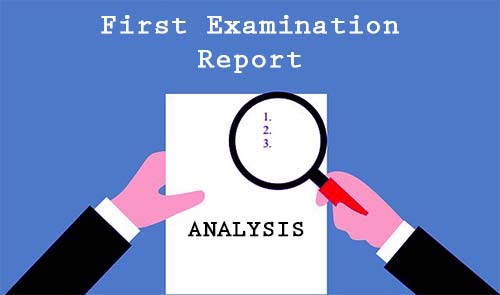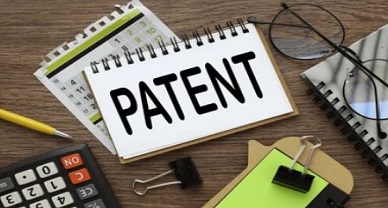Patent Prosecution in India: First Examination Report

a) whether the application and the specification with other documents relating thereto are in accordance with the requirements of the Patents Act, 1970 and rules made thereunder
b) whether there is any lawful ground of objection to the grant of a patent under the Patents Act, 1970
c) the result of investigations under Section 13
The Controller considers the report of the examiner generally within one month from the date of the receipt and is sent to the applicant in the form of a report, called as First Examination Report (FER). The Controller may raise the following objections, if any, for a patent application in a FER:
a) Lack of novelty, inventive step, and industrial applicability
b) Subject matter relating to a category, which falls within the purview of Sections 3 and 4
c) Non-fulfillment of any other requirement under the Act
The applicant is required to comply with all the requirements imposed upon him by the Patents act, 1970 as communicated through FER or subsequent communication, in the form of a written response within six months from the date of issuance of FER. If the applicant fails to respond to the FER within a given time, the application is deemed to have been abandoned under Section 21(1) and notice and/or a letter is sent to the applicant for the same. However, the applicant may re-file the documents after six months from the date of issuance of FER, and the Controller may decide to proceed with the case based on evidence made available to him for such delay.
If the applicant contests any of the objections of the Controller communicated to along with his observations as to whether or not the specification is to be amended, an opportunity of being heard is given, if requested by the applicant. After hearing the applicant, the Controller may specify or permit such amendment as he thinks fit and grant the patent. The Controller may refuse to grant the patent unless the amendments so specified are made or any other requirements of the Act and Rules are not complied with.
No refusal of the patent is done without giving an opportunity of being heard under Section 14. An order refusing an application under Section 15 shall be a legal notice order that is appealable before the Intellectual Property Appellate Board (IPAB).
About the Author: Mr. Shashi Kant Verma, Patent Associate at Khurana & Khurana, Advocates and IP Attorneys and can be reached at support@ipandlegalfilings.com.


